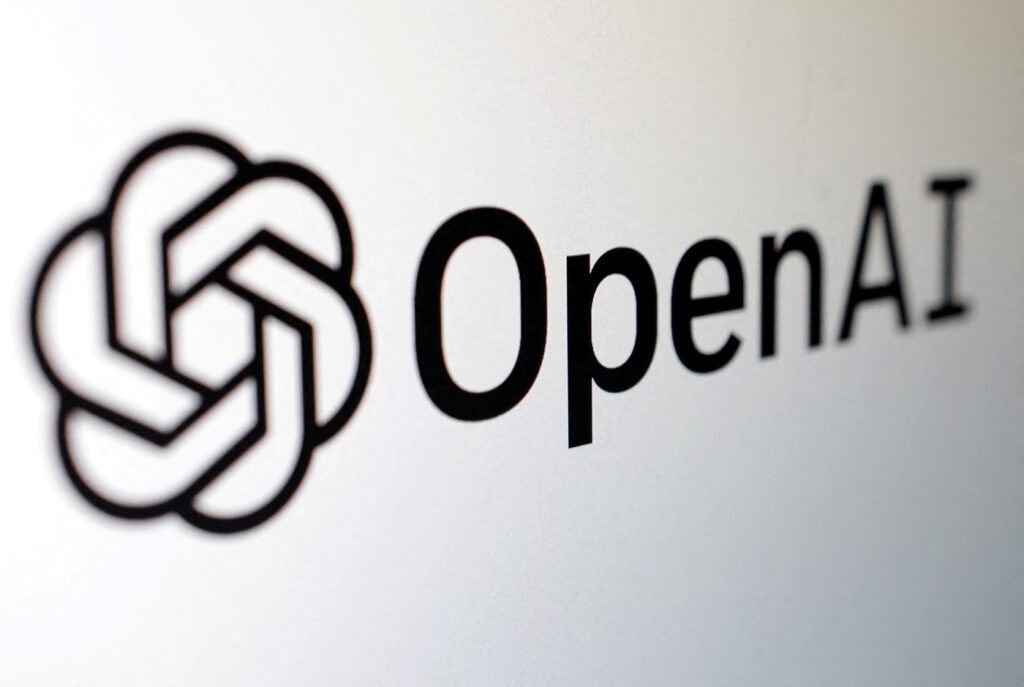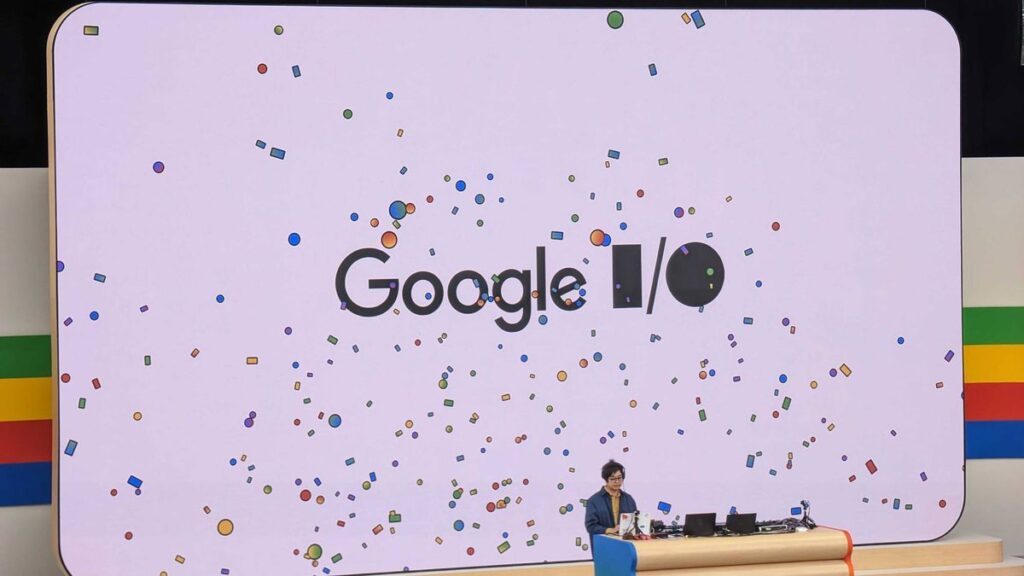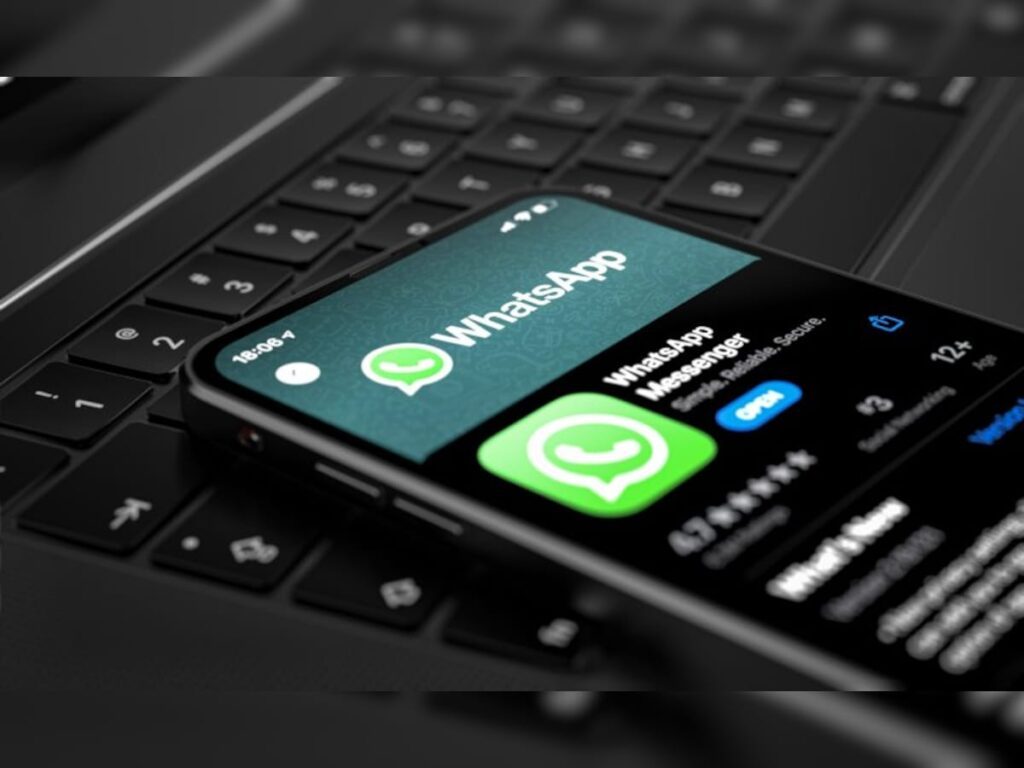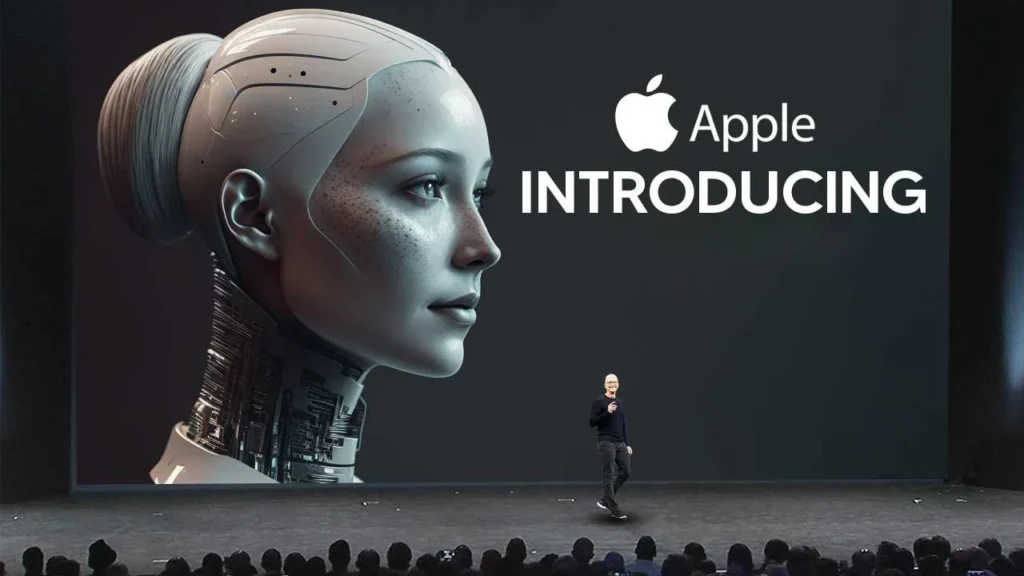Apple Joins the AI Revolution with Focus on Privacy and Security

After lagging behind big tech competitors like Microsoft, Google, and Meta, Apple finally stepped into the lucrative artificial intelligence (AI) space.
At this month’s Worldwide Developers Conference (WWDC) 2024, Apple announced several AI-enhanced devices, highlighting a more private-focused and secure approach than its competitors that analyze data on the cloud.
A number of big announcements were made at the beginning of Apple’s WWDC 2024, including the launch of Apple Intelligence and a redesign of Siri, the company’s smart assistant.
In order to excite developers, please customers, and increase the usefulness of Apple platforms, CEO Tim Cook showcased their significant new intelligence capabilities.
With an emphasis on artificial intelligence, Apple unveiled the first features of iOS 18, the upcoming major version for iPhones. Included in this version are system-wide interactions and ChatGPT integration with Siri.
The ability to flexibly arrange icons on the home screen is one of the new personalization capabilities available in iOS 18, which further improves user life.
Apple highlights that its AI technologies give priority to on-device processing, upholding its reputation for privacy.
Apple reduces cloud computing risks—where data is more prone to breaches—by storing data on consumers’ devices.

To minimize data usage and maximize security, Apple created a privacy-preserving technique for transmitting encrypted data to cloud servers for tasks requiring higher processing power.
Apple Intelligence introduces several generative AI features, including image generation, notification summaries, and automated messaging.
The goal of these developments is to provide iPhone owners with strong incentives to replace their devices. iMessages and other generating tasks can be written on iPhones with ease thanks to ChatGPT’s integration.
Elon Musk, a vocal critic of OpenAI, immediately attacked Apple’s partnership with OpenAI on social media.
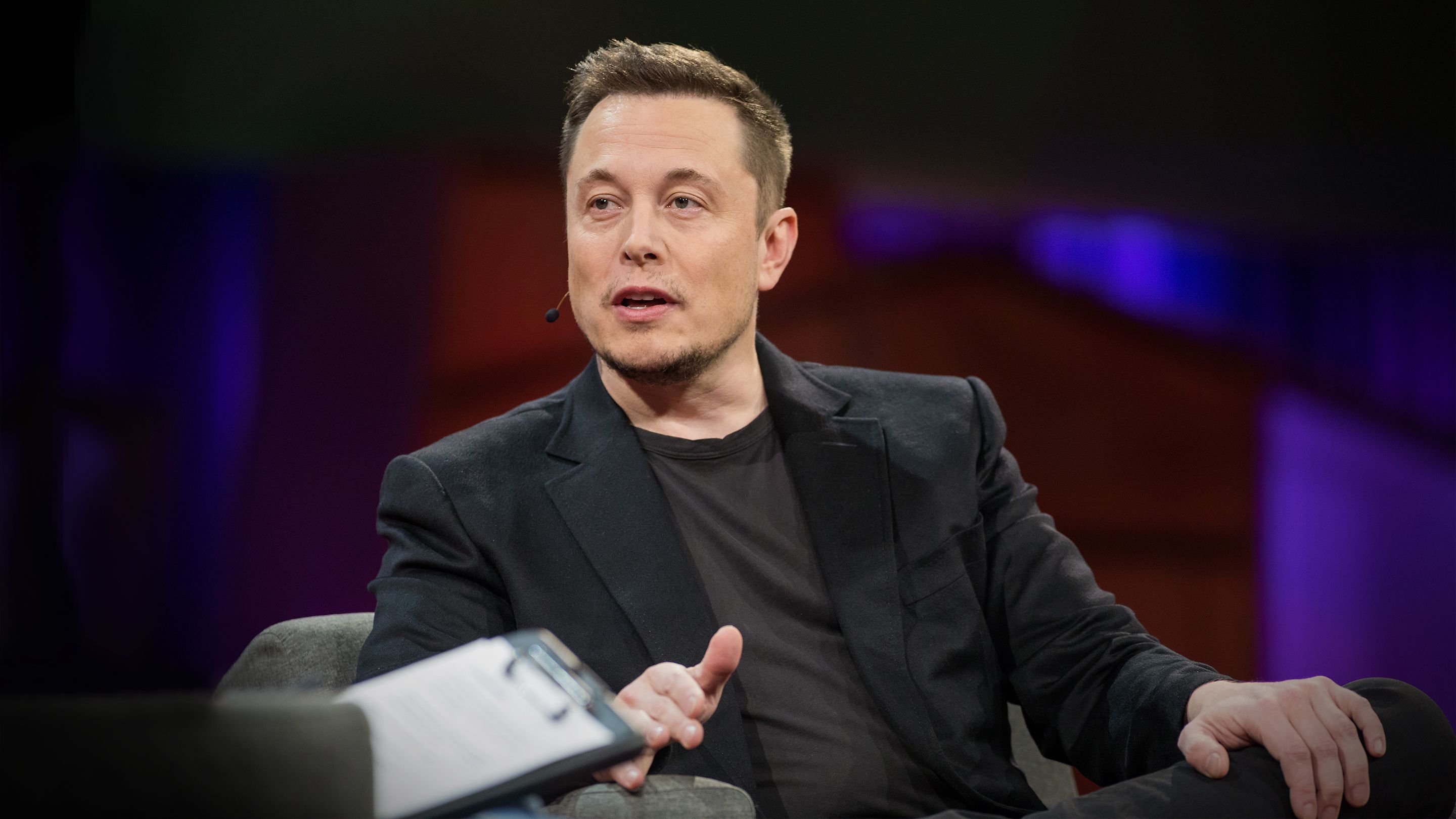
He raised doubts about Apple’s ability to protect user privacy and security, which sparked a heated exchange of comments on X (previously Twitter). However, Apple’s own AI systems, running primarily on-device, counter Musk’s claims by prioritizing user data privacy.
Analysts foresee minimal imminent gains despite Apple’s stock price seeing a historic increase after the AI disclosures.
Although generative AI technologies could increase the number of iPhones sold, the consensus price estimate points to a possible decline in Apple’s stock. Goldman Sachs and Bank of America analysts offered moderate price estimates, indicating cautious confidence.


 English
English 
































